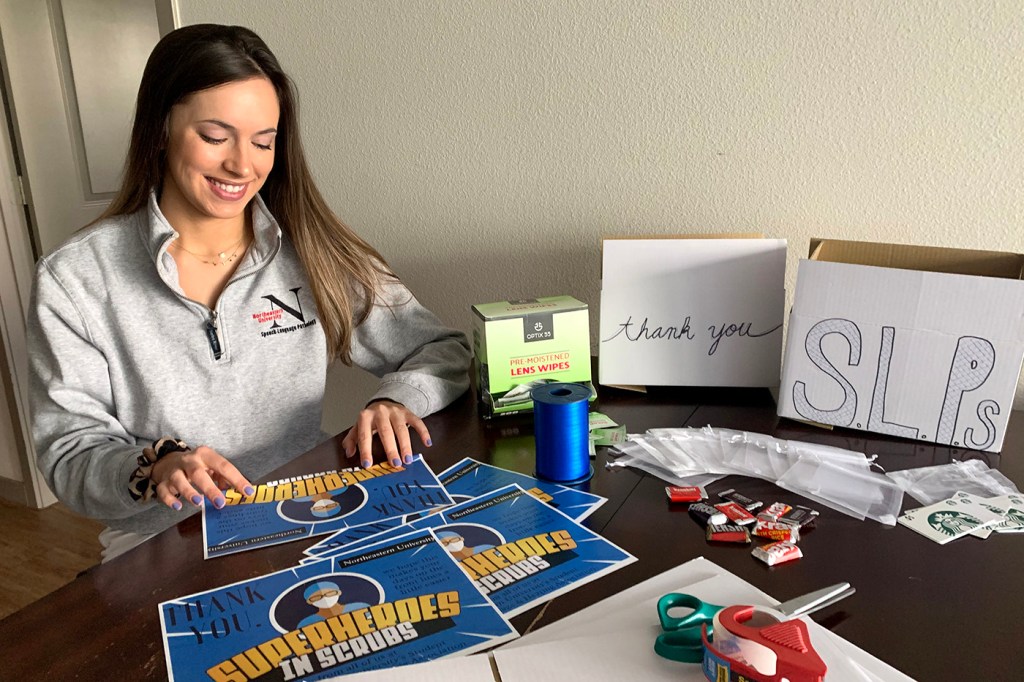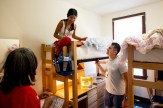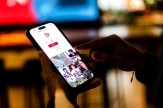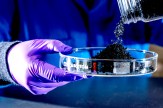Here’s how students are supporting speech language pathologists on the front lines of COVID-19

As the pandemic rages on across the U.S., exceeding 4.8 million cases, demonstrations of gratitude toward healthcare workers—a common occurrence early on in the pandemic—have abated. Yet, those same healthcare workers are still grappling with the coronavirus in what is likely to be a long-term fight.
Sierra Still, a graduate student of speech-language pathology at Northeastern, wanted a creative way to thank those on the front lines. So when Elizabeth Martin, an assistant clinical professor at the university, floated the idea of sending care packages to speech-language pathologists to her class, Still ran with the idea.
Still, as part of the Northeastern University Student Speech Language Hearing Association, created a GoFundMe page, and used the $1,280 she raised to create, and send out nine care packages to speech-language pathologists in hospitals in Greater Boston. After many in-class discussions with Martin and her peers, Still says she wanted to find some way to uplift and thank speech-language pathologists, who, she says, are sometimes overlooked.

“It seems like COVID-19 will be happening through the rest of the year, and I just felt like these people need as much recognition and appreciation that they can get,” Still says.
Speech-language pathologists assist patients who are intubated and ventilated, which often causes these patients to struggle with communication, and safe eating and drinking. And because COVID-19 attacks the respiratory system, speech-language pathologists are working with a higher volume of patients who have longer hospital stays, Martin explains.
“We get called in, and the speech-language pathologists are working these endlessly tiring days covered in full PPE,” Martin says. “They’re hot, sweaty, fatigued, and there’s just the stress of working with critically ill patients in the context of an emergency situation in the pandemic. I thought ‘okay, they need a little TLC.’”
The care packages contained a slew of items—a thank-you card, mints and candy, Starbucks gift cards, hand lotion, face wipes, lip balm, hair elastics, lens cleaner for personal protective equipment, and face tape, which alleviates the marks left by wearing a mask for long hours. Each package contains enough items for several people. Still says she’ll continue to collect donations and send care packages throughout the rest of the year.
Martin originally suggested care packages because she had done something similar earlier in the year, when she shipped a care package to friends working at Massachusetts General Hospital.
“It was just a little bit of joy during those long days to soothe them and give them a little sugar jolt,” Martin recalls.
Martin says she hopes thank-you messages and gestures of gratitude continue as long as healthcare workers are treating coronavirus patients, and staving off the pandemic.
“I think in the beginning, people were all about supporting healthcare workers—telling them ‘you’re our heroes,’ leaving signs and care packages, writing messages on the ground in chalk—but it has basically stopped, even though it hasn’t stopped for the people who are working in healthcare facilities,” Martin says. “I hope we just raise some kind of awareness of that.”
For media inquiries, please contact media@northeastern.edu.





